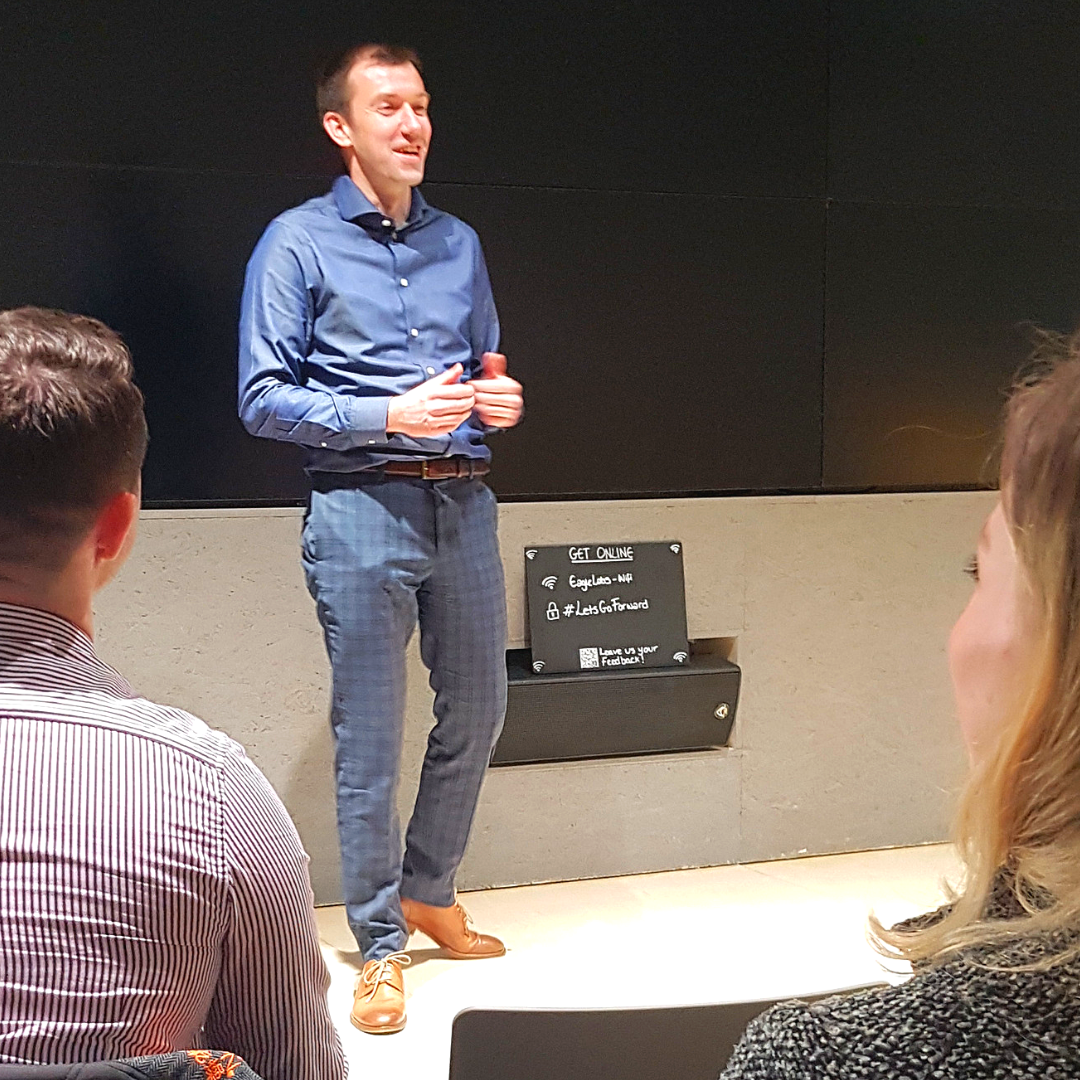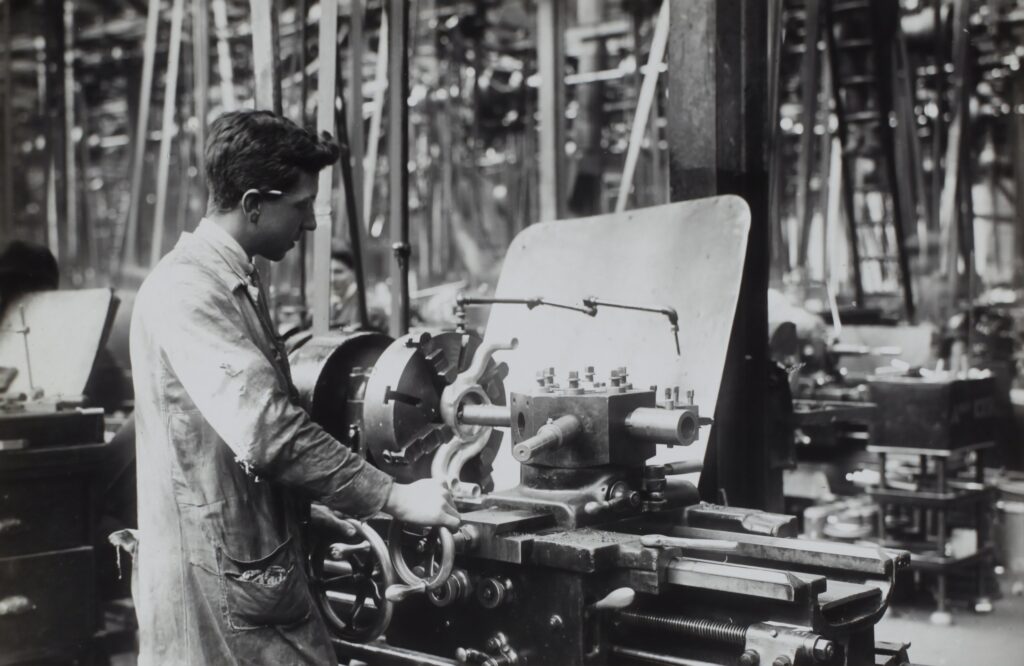Working for a government department, a civil service administrator is responsible for the administration of government policies to serve the public.
Civil service administrative tasks can be a front or back-office job. Front office includes dealing directly with the public, requiring an additional set of skills. In fact, for each civil service role, duties will vary.
In this sense, applicants need to carefully read the job description to help predict the job interview questions. Below is a list of the most common interview questions and answers for a civil service administrator.
Civil Service Administrator Job Interview Questions and Answers
Each of the commonly asked job interview questions can be phrased differently for each particular job interview, but the required answer (meeting the job criteria) will be the same.
Read the interview question, relate the question to your own experience and skill set, and use the example formats as a basis to create an answer that will score high during the job interview.
Civil Service Administrator Interview – have you worked in a government office before?
Of course, the ideal answer to any interview question is ‘yes’, but if you haven’t worked with a government office don’t worry that this will be a barrier to employment.
The ‘experience’ question is designed to check that the applicant has the required competencies to confidently complete the day-to-day duties of a civil service administrator.
The opening statement to the interview answer needs to state clearly the administration experience the applicant possesses.
“Yes I have 12 years experience working in government offices, with the past 5 years being spent at …..”
Or for non-government experience, pass this question by focusing on the candidates office experience.
“For the last 22 years, I have worked in administration where I have been responsible for….”
For each version of the answer, the interviewee should state experiences and skills relevant for the role they are applying for.
“…my strengths include (list duties that match the job criteria) …”
Civil Service Administrator Interview – give me an example of dealing with customer/service users sensitively
As a civil service front-of-house administrator, the employee will be dealing with customers, and their sensitive issues, on a daily basis. Even back of office administrators often communicate with customers (this could be online or via the telephone), therefore, all administrators in one form or another need to possess customer service, interpersonal and communication skills.
‘Example’ interview questions are designed to see how the applicant has previously dealt with a situation (similar to a situation that they will face once employed).
When giving ‘examples’ applicants must embed the skills and qualities they used to gain a successful outcome. Don’t simply state the situation, several actions, and an outcome. Instead, explain the strategy behind the conversation.
3 steps for answering ‘example’ interview questions
Step 1 – set the scene. Describe in detail the customer, how they were feeling, their communication style, and the sensitive issue.
Step 2 – focus on thinking. Explain the strategy or thought process you went through to ensure the approach you took best fitted the situation. Give detail here by explaining that normally you would do X, but due to the nature of the situation you did Y (as this shows creative problem-solving skills)
Step 3 – conclude. Finally discuss what happened post the conversation, etherizing the positive outcome.
Civil Service Administrator Interview – when report writing, what do you think about?
As a civil service administrator, there will be an expectation to produce accurate and high-quality reports.
In many administration job interviews, a literacy test will be mandatory. In addition, the employer will ask questions are report writing,
A strategy for answering ‘skill-based interview questions is to set out the steps required for the task. As an example for report writing you may;
- Quantify what is required
- Research, collect data, find evidence
- Plan the report structure depending on the intended audience
- Draft, analyze and rewrite the report
- Process report
A process answer needs to be wrapped around with a confirmation opening line that confirms the applicant is an experienced report writer, and a summary to close the interview answer.
Civil Service Administrator Interview – how would you ensure you are adhering to a high number of complex procedures?
Working in the civil service can be a stressful career, due to the tight deadlines, having to support customers with their complaints, and having to follow processes and procedures that often change.
The employer here is asking how the employee can adhere to the many processes embedded in the civil service sector.
By explaining the applicant’s understanding of procedures can help an employer to identify a strong or weak employee.
Initially, discuss how it is important to understand the ‘aim’ of a policy or procedure (by understanding the aim, employees are more likely to adhere to the policy) before embedding the process into business as usual.
Next, give an example of following a complex procedure in the workplace. explain the consequences of not complying with the process and, in the example, set out the outcome that was created from following the procedure.
Civil Service Administrator Interview – give me an example of your research skills
Research skills are paramount in the civil service sector. As a key skill, the answer to the ‘research’ question must showcase the applicant’s research skill set.
Stay away from giving an example that states an easy piece of research. Instead, explain the complexities of research- did the applicant use qualitative or quantitative data? Why does the data source matter?
By stating problems and solutions to research problems only helps to highlight an applicant’s research knowledge. After explaining the complexities of research, the interviewee can give a research example.
The example can explain the reason for the research, any potential barriers to the research project, and the actions the applicant took to gather and write up the research knowledge they found.

Civil Service Administrator Interview – tell me about a time you worked as part of a project team
A civil service office is a team within a much large, national, team. Within the office team, smaller project teams will be put together to complete mini-projects. Therefore, teamwork skills in this role are a must.
To answer ‘project’ interview questions, compared to answering an interview question relating to business as usual, the applicant needs to set out the reason and objectives of the project “I was part of X project, the project was a 2-year project designed to X, Y, and Z…”
Because ‘projects,’ within the civil service, are commonplace, applicants need to discuss the project tools they can use; Gantt charts, risk assessment, finance sheets, and how they utilize the tools within the project.
Finally, state the impact the project had on business as usual.





















